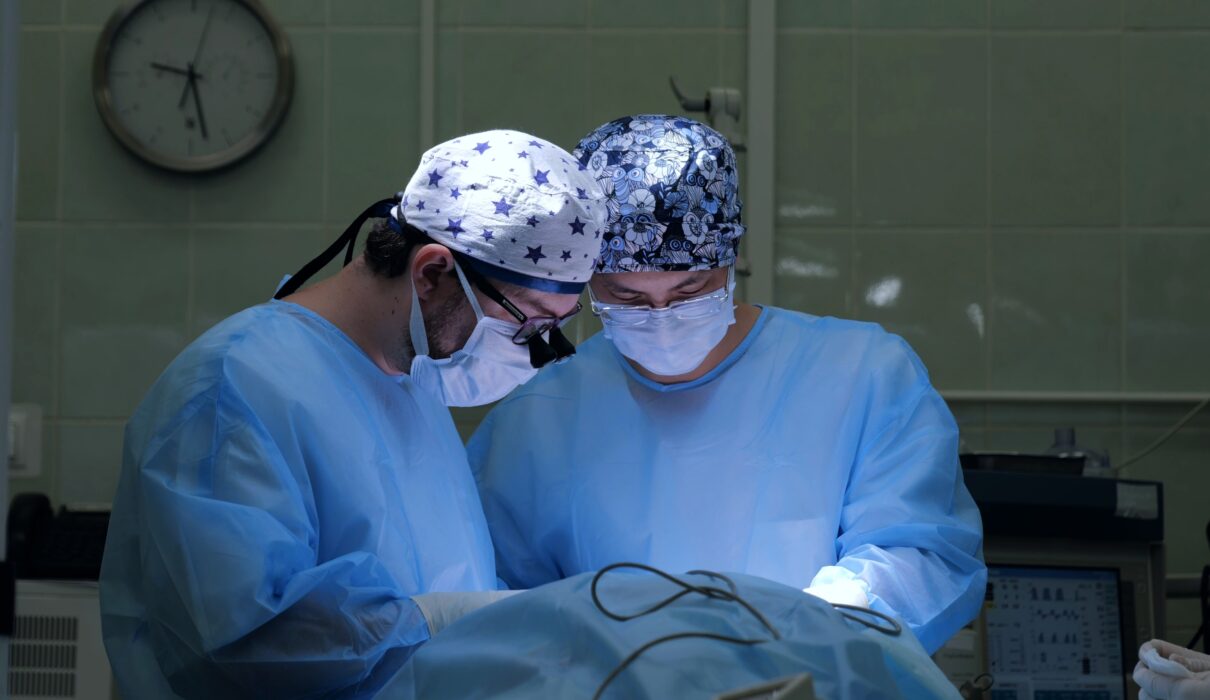Pelvic organ prolapse (POP) is a condition where the pelvic organs, such as the bladder, uterus, or rectum, descend into or outside the vaginal canal due to the weakening of the pelvic floor muscles. This pelvic floor problem can cause discomfort, urinary and bowel dysfunction, and impact the quality of life. For women experiencing significant symptoms, surgical repair by a colorectal surgeon in Melbourne may be the most effective treatment option. If you are considering surgery for pelvic organ prolapse, here’s what you can expect from the process, including the potential benefits of choosing a female surgeon for your care.
Understanding Surgical Options for Pelvic Organ Prolapse
There are several surgical options available to treat pelvic organ prolapse, each tailored to the specific needs and conditions of the patient:
- Anterior and Posterior Repair: These procedures are designed to correct cystocele (bladder prolapse) and rectocele (rectal prolapse) by reinforcing the front and back walls of the vagina, respectively. They involve tightening the pelvic floor tissues to support the organs back into their normal position.
- Sacral Colpopexy: This is a more extensive surgical option for advanced prolapse, particularly vaginal vault prolapse (a condition that occurs when the top of the vagina loses its normal support). During this procedure, mesh is used to attach the vaginal vault to the sacrum (the base of the spine), restoring the natural position of the pelvic organs.
- Hysterectomy: In some cases, particularly when the uterus has prolapsed, a hysterectomy may be recommended. This involves removing the uterus, sometimes with additional procedures to support the remaining vaginal structures.
- Sacrospinous Fixation or Uterosacral Ligament Suspension: These procedures are often used to support the vaginal vault, especially following a hysterectomy. They involve suturing the vaginal apex to the sacrospinous or uterosacral ligaments, which are strong structures within the pelvis.
Preparing for Surgery
Before undergoing surgery, your colorectal surgeon in Melbourne will conduct a thorough assessment to understand the extent of the prolapse, your overall health, and any other factors that could influence the surgical outcome. This may involve pelvic exams, imaging tests, and discussions about your symptoms and treatment goals.
Your surgeon will also explain the procedure in detail, including the type of anaesthesia to be used, the surgical technique, potential risks and benefits, and the recovery timeline. It is crucial to have a clear understanding of what to expect during and after the surgery, including any necessary lifestyle changes to aid in your recovery.
Recovery and What to Expect Post-Surgery
The recovery period after pelvic organ prolapse surgery varies depending on the type of procedure performed and the individual’s overall health. However, here are some general expectations:
- Hospital Stay: Most patients can expect to stay in the hospital for 1 to 3 days, depending on the complexity of the surgery. Minimally invasive procedures may allow for a shorter stay.
- Activity Restrictions: For the first 6 to 8 weeks, you will likely need to avoid heavy lifting, strenuous activities, and sexual intercourse to allow the pelvic tissues to heal properly.
- Pain Management: Mild to moderate pain is normal and can typically be managed with prescribed pain medications or over-the-counter options as recommended by your surgeon.
- Follow-up Care: Regular follow-up visits with your surgeon are crucial to monitor your healing progress and address any concerns.
Potential Benefits of Choosing a Female Surgeon
When considering surgical repair of pelvic organ prolapse, selecting a female surgeon can offer unique advantages:
- Empathy and Understanding: Female surgeons often have a personal understanding of women’s health issues, which can translate into a more empathetic approach to patient care. They may have a deeper appreciation for the physical and emotional challenges associated with pelvic organ prolapse and pelvic floor problems.
- Comfort and Trust: Some patients feel more comfortable discussing intimate health concerns with a female surgeon. This comfort can lead to more open communication, better understanding of symptoms, and more personalised care.
- Specialisation and Expertise: Many female colorectal surgeons specialise in female pelvic floor disorders, offering a comprehensive understanding of the nuances and complexities involved in treating conditions like pelvic organ prolapse. This expertise can help ensure the most appropriate and effective treatment options are selected for each patient.
Surgical repair of pelvic organ prolapse can significantly improve quality of life by alleviating symptoms and restoring pelvic function. Understanding the available surgical options, preparing adequately for the procedure, and knowing what to expect during recovery can help you make informed decisions about your health. Additionally, choosing a female surgeon may provide added benefits of empathy, comfort, and specialised expertise, enhancing your overall experience and outcomes.
If you are considering surgery for pelvic organ prolapse, book a consult with Dr. Naseem, a leading female surgeon and colorectal surgeon in Melbourne to explore your surgical and non-surgical treatment options and determine the best course of action tailored to your pelvic floor problem.


